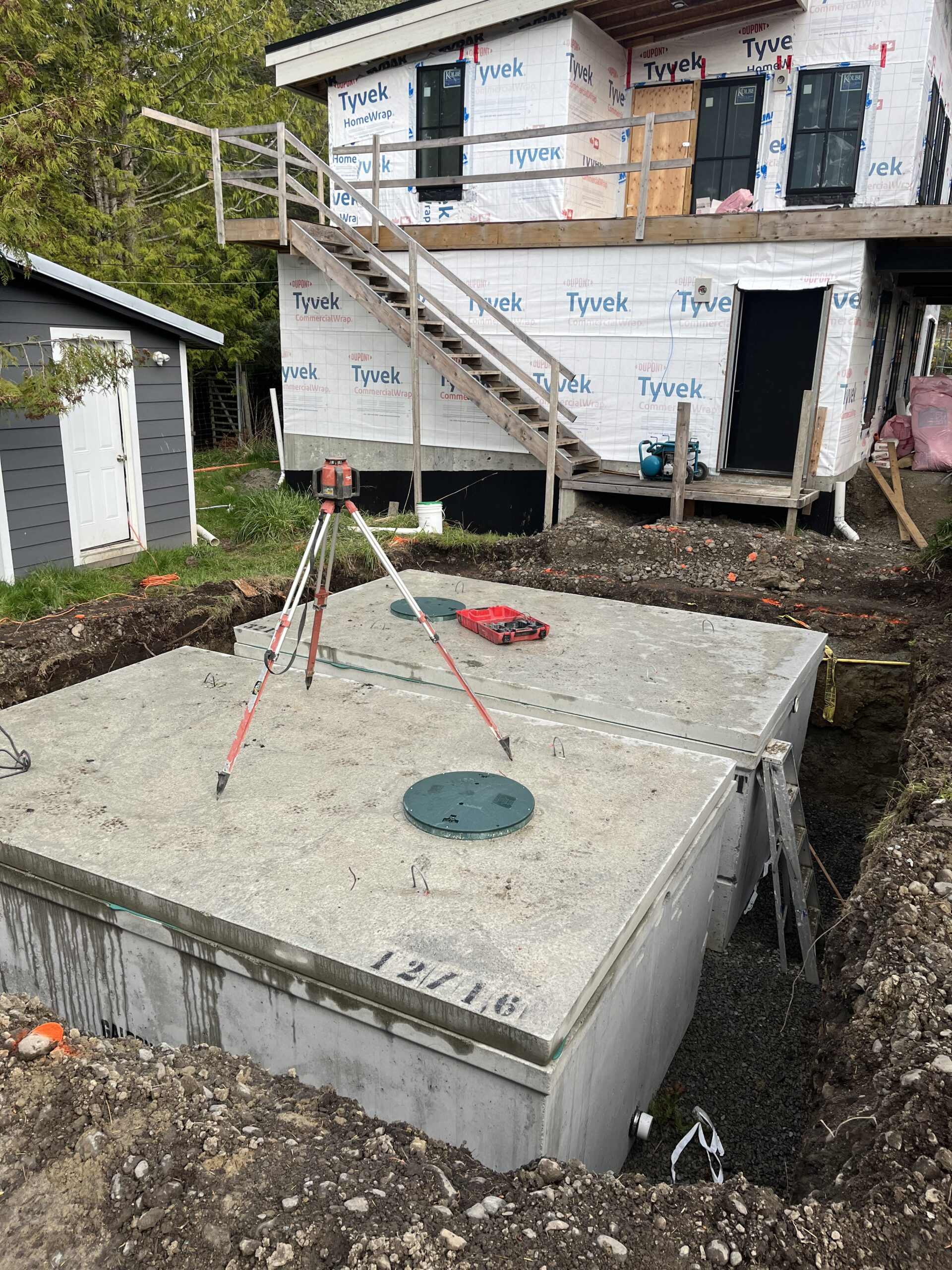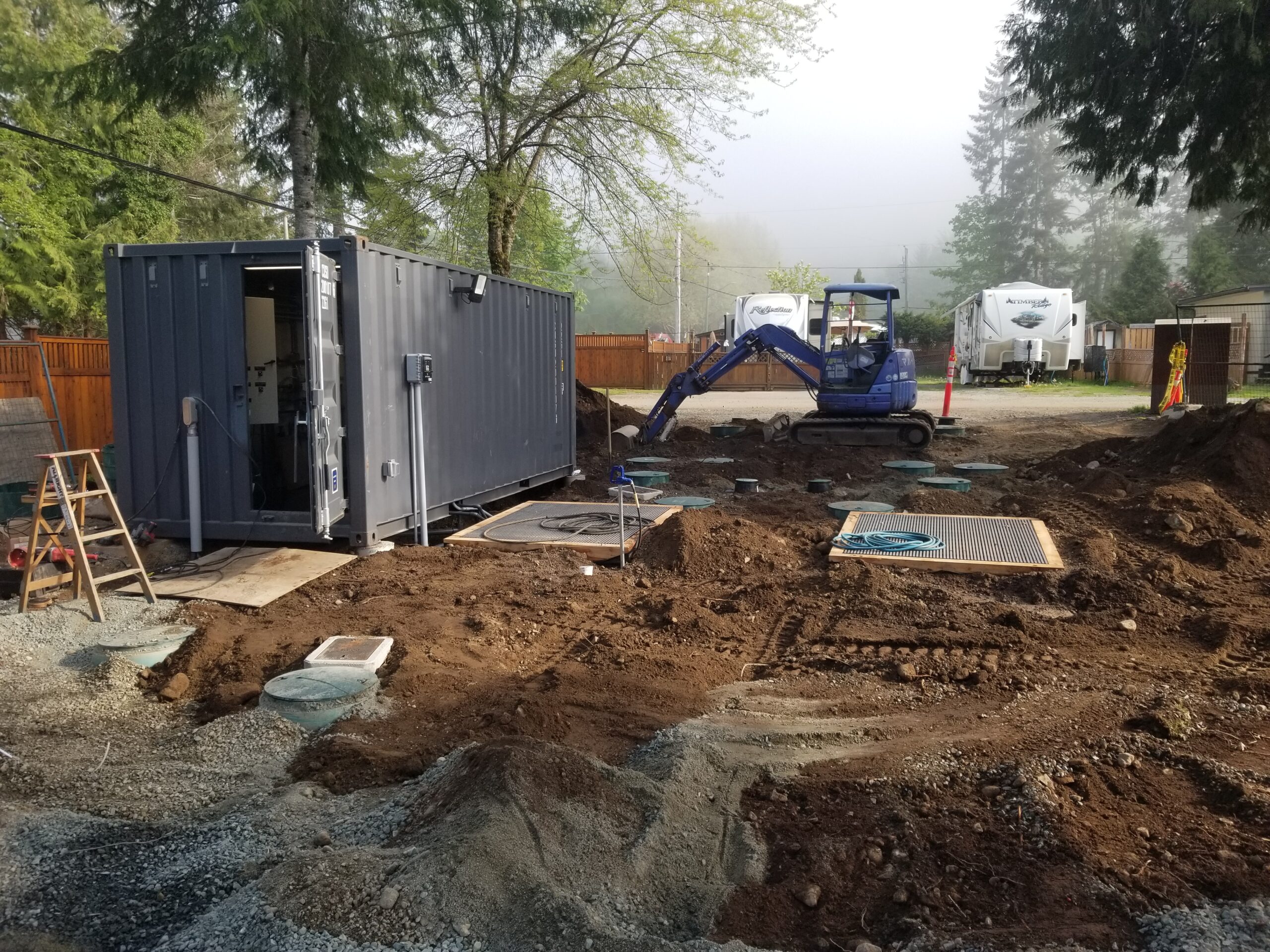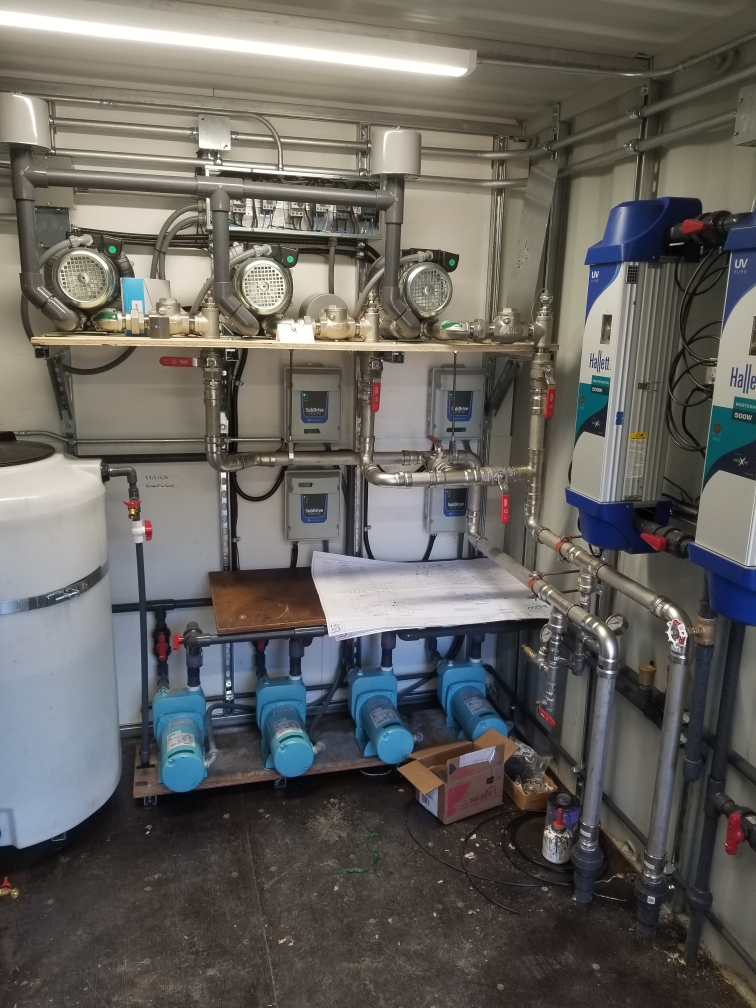At MSR Solutions, we understand that navigating the regulatory landscape for wastewater discharge can be a complex task. It’s essential for businesses and organizations to ensure they comply with environmental regulations while efficiently managing their wastewater. In British Columbia, two primary avenues exist for registering wastewater discharges: Filing under the Sewerage System Regulation (SSR) with the local health authority and Registering under the Municipal Wastewater Regulation (MWR) with the BC Ministry of Environment and Climate Change Strategy. In this post, we’ll explore the key differences between these two approaches to help you make informed decisions for your wastewater management needs.
Sewerage System Regulation (SSR) – Local Oversight for Local Impact
Local health authorities play a pivotal role in SSR registration. Here’s what you need to know:
-
Scope: SSR primarily applies to smaller wastewater systems with limited environmental impact, such as those in rural or less densely populated areas. These systems often serve individual homes, businesses, or smaller communities.
-
Process: Under SSR, you’ll work closely with your local health authority to file for wastewater discharge. The focus here is on local impact and ensuring that wastewater is managed safely within the community.
-
Regulatory Oversight: Local health authorities have jurisdiction and regulatory oversight in these cases. They review and approve wastewater management plans, issue permits, and monitor compliance.
-
Flexibility: SSR allows for more flexibility in tailoring wastewater management solutions to local conditions, which can be advantageous for smaller communities and businesses.

Municipal Wastewater Regulation (MWR) – Provincial Oversight for Broader Impact
The BC Ministry of Environment and Climate Change Strategy administers the MWR. Let’s delve into the key aspects:
-
Scope: MWR is designed for larger wastewater systems with the potential for broader environmental impact. This regulation is relevant for municipalities and regional districts.
-
Process: Registering under MWR involves a more comprehensive process, often necessitating the submission of detailed reports and assessments. Provincial oversight ensures alignment with broader environmental goals.
-
Regulatory Oversight: The BC Ministry of Environment and Climate Change Strategy takes the lead in MWR registration. Their focus extends beyond local considerations to encompass the broader environmental impact of wastewater discharges.
-
Environmental Responsibility: MWR places a strong emphasis on environmental responsibility, aiming to protect British Columbia’s water resources and ecosystems.

Choosing the Right Path
When deciding between SSR and MWR for wastewater discharge registration, several factors come into play. Consider the size and impact of your wastewater system, as well as your environmental responsibilities. Smaller, localized systems may find SSR more suitable due to its local focus and flexibility. Conversely, larger systems with potential environmental consequences may lean toward MWR for its comprehensive provincial oversight.
MSR Solutions is here to assist you in understanding and navigating these regulatory pathways. Our team of experts can provide guidance, conduct assessments, and ensure your wastewater management plan aligns with the applicable regulations, whether SSR or MWR.
If you’re unsure which path to take or need assistance with wastewater management, reach out to MSR Solutions today. We’re committed to helping you meet regulatory requirements while efficiently managing your wastewater, safeguarding the environment, and ensuring a sustainable future for British Columbia.
